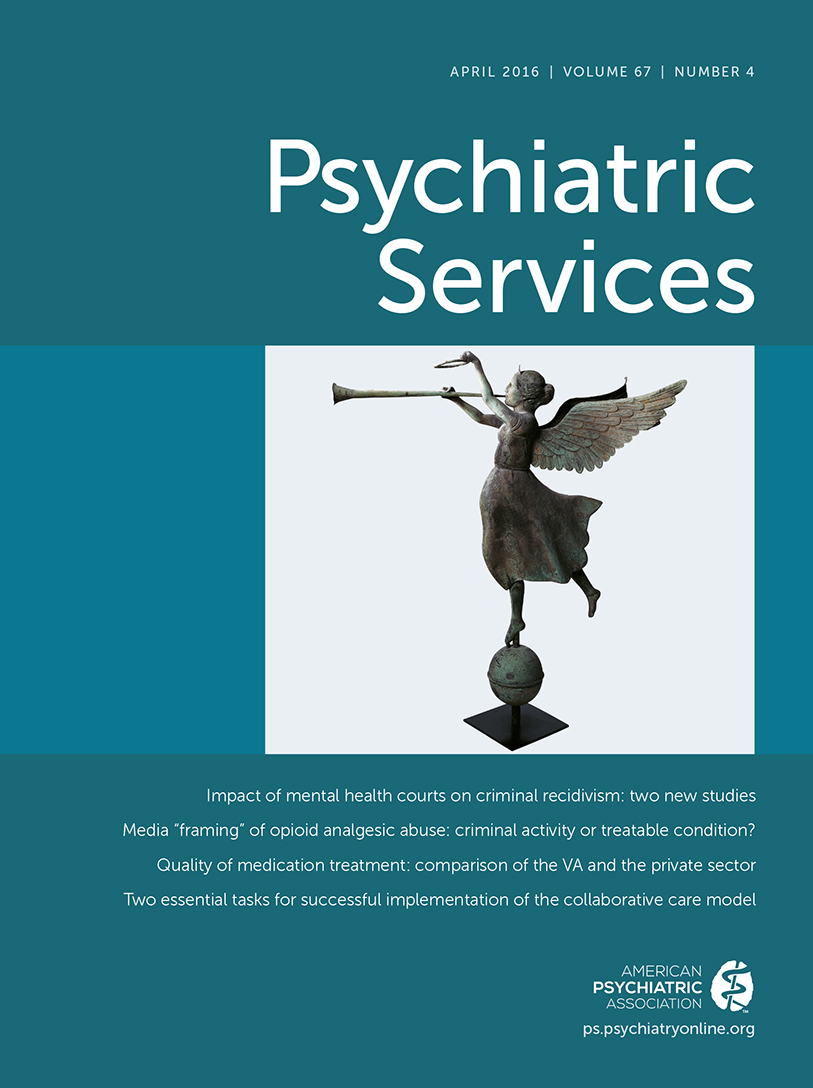Protecting the Rights of Persons With Disabilities: An International Convention and Its Problems
Abstract
The Convention on the Rights of Persons with Disabilities, adopted by the United Nations in 2007, aims to protect the rights and dignity of persons with disabilities. However, several of its provisions are susceptible to interpretations that would negate traditional approaches to the protection of people with mental disorders. Guardianship, civil commitment, and even medical treatment of delirious patients appear to be precluded by the convention. This column describes the reactions to restrictive interpretations of the convention and lessons that can be learned for the development of similar documents.



